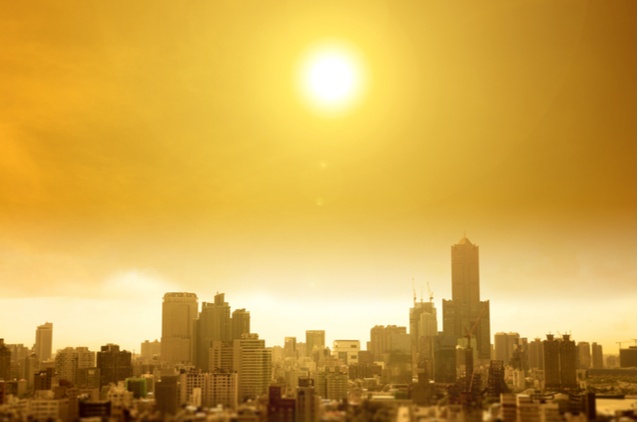How to Prepare for Summer Brownouts
Posted by Kristopher Schwind

If you’ve been in the tri-state area for the last few days, you’ll know that summer brownouts are a very real threat to homes, businesses, and public municipalities. We’re in the middle of what may turn out to be the longest heatwave to hit the tri-state area in over 50 years.
Both the New York City Emergency Management Department and Connecticut’s Department of Energy and Environmental Protection issued warnings regarding heat exposure and elevated ozone layers. Heat advisories and air quality alerts have also been issued by the National Weather Service.
When it comes to high temperatures, the risk of brownouts increases drastically. Make sure you and your family are prepared in the event of an outage with an emergency backup power plan.
Brownouts vs. Blackouts
Brownouts aren’t quite as severe as blackouts, but they can still cause devastating service interruptions. Instead of a full-on outage, brownouts are temporary—often sudden—drops in voltage, lasting for minutes or hours.
In a blackout, your lights will shut off entirely. In a brownout, the lights typically dim or flicker on and off, which can cause electrical products to malfunction, occasionally causing permanent damage.
Causes of Summer Brownouts
There are two main causes of summer brownouts: overloaded power grids and inclement weather.
When the temperature rises, homeowners and business owners alike break out the air conditioning units. Whether they have split systems, heat pumps, central air, or ductless mini-split systems, air conditioning systems require a high level of energy. In fact, heating and air conditioning accounted for 48% of the average US household’s energy bill in 2009.
Summer thunderstorms and winter blizzards can cause equal amounts of damage to the power grid. High winds, heavy rain, and downed trees can cause power outages just as easily in the summer as in the winter.
How to Prepare for Summer Brownouts
The Red Cross recommends a number of measures to take before, during, and after a power failure:
Before
- Keep Coolers on Hand (preferably with ice)
- Invest in a Digital Thermometer to Check Food Temperatures (to ensure they’re cool enough for consumption)
- Maintain Access to NOAA Radio Broadcasts
- Keep Your Vehicle Gas Tank at Least ½ Full
- Keep Extra Containers of Gas on Hand
During
- Use Flashlights, Not Candles
- Elliminate Unnecessary Travel
- Keep Fridge/Freezer Doors Closed as Much as Possible
- Turn Off/Unplug All Unnecessary Electrical Equipment
- Turn Off/Unplug All Appliances
- Leave One Light Turned On (so you know when the power comes back on)
After
- Avoid Downed Power Lines
- Throw Out Unsafe Food
These are good tips to keep in mind in the event of an outage, but the best way to avoid potential devastation is by ensuring you’re never stuck without power in the first place.
The Red Cross also recommends that homeowners and business owners consider purchasing a generator to power critical equipment during a blackout. If you’re interested in keeping your family safe and your electronics secure, consider investing in a standby generator for your home or business today.
Kristopher Schwind is the proud owner of National Standby Repair.
 24/7 EMERGENCY GENERATOR SERVICE
24/7 EMERGENCY GENERATOR SERVICE REQUEST A QUOTE
REQUEST A QUOTE
 (914) 734-1400
(914) 734-1400